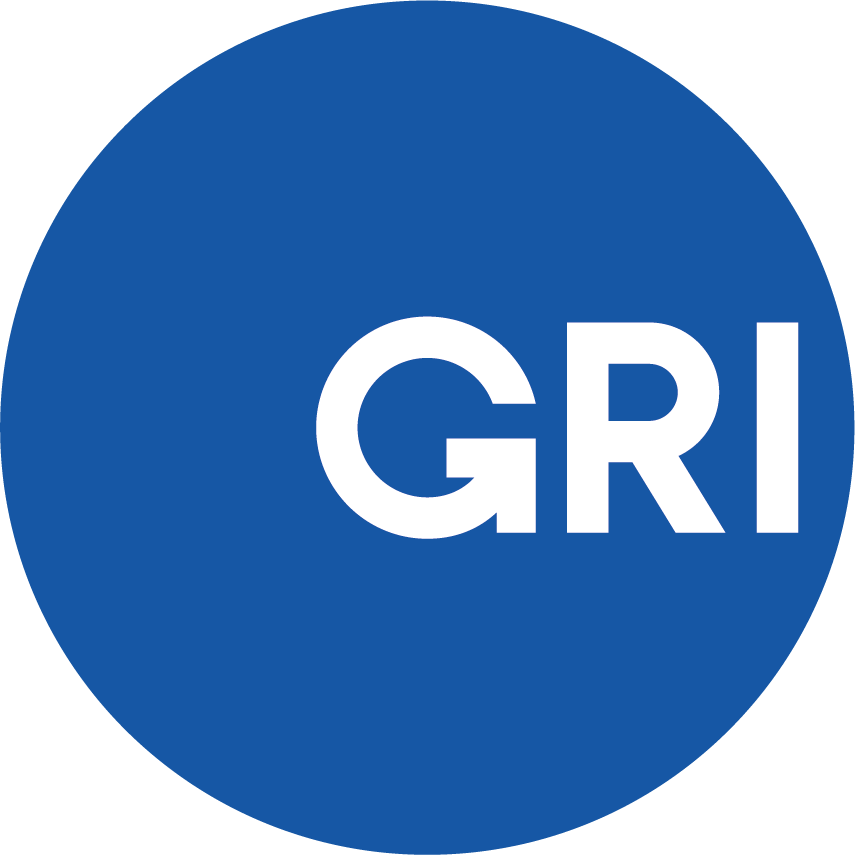New EU Sustainability Reporting Standards That Will Impact North America Companies Coming Soon
GRI welcomes the launch of a four-week public consultation period to gather feedback on the European Sustainability Reporting Standards (ESRS), which initiated on June 9th and will close on July 7th. The ESRS are an important step towards holding companies operating in the EU market accountable for their impacts. GRI was pleased to contribute to the creation of the ESRS under the EFRAG-GRI cooperation agreement, signed in July 2021. The adoption of the ESRS will have global implications, as the Corporate Sustainability Reporting Directive (CSRD), which outlines which companies are subject to disclosure requirements, extends its scope beyond the existing Non-Financial Reporting Directive (NFRD) to encompass certain non-EU companies and subsidiaries not listed on EU-regulated markets.
Eelco van der Enden, CEO of GRI, said:
“GRI provided wide-ranging technical input during the development phase of the ESRS. We will, of course, further engage through the public consultation to support efforts to create decision-useful EU standards that are interoperable with our global standards. Not only will this reduce the reporting burden, it will also support globally comparable disclosure that meets the needs of all stakeholders, including investors.”
At least 10,000 companies outside the EU will be reached by this new mandate, including 3,000 US companies and 1,300 Canadian companies, as indicated by a recent analysis by Refinitiv. Consequently, North American companies will need to enhance their sustainability reporting to align with ESRS due to the CSRD impacting them directly, or indirectly, through disclosure needs of entities in their value chain, as well as elevated stakeholder expectations. However, companies that already report using the GRI Standards are at an advantage.
Carol Adams, Chair of GRI’s Global Sustainability Standards Board, said:
“For the past two years, GRI has worked with the European Financial Reporting Advisory Group (EFRAG) to support the development of the European Sustainability Reporting Standards (ESRS). Encouragingly, these efforts are paying off – with the impact disclosure requirements in the first set of ESRS confirmed as closely aligned with the corresponding GRI disclosures. This offers reassurance to the thousands of companies for which the ESRS will become mandatory that they can expect to utilize existing GRI reporting to meet EU requirements. We are optimistic this will apply to developing impact reporting requirements in other jurisdictions.”
The ESRS also explicitly states that if a topic is material and no ESRS is available, companies should consider the GRI Standards for disclosure on that topic. In addition, where the ESRS does not yet provide standards by sector, organizations can use the relevant GRI Sector Standard for reporting. The alignment between GRI and the ESRS showcases significant progress towards greater harmonization in the sustainability reporting landscape, playing a crucial role in achieving sustainable development by promoting transparency and accountability.

